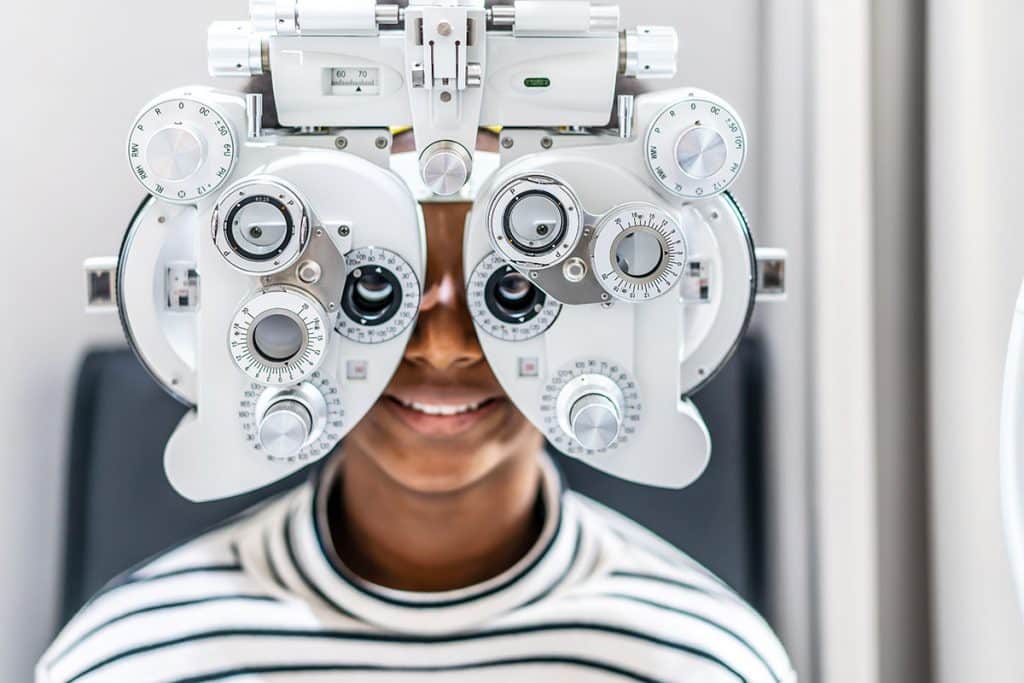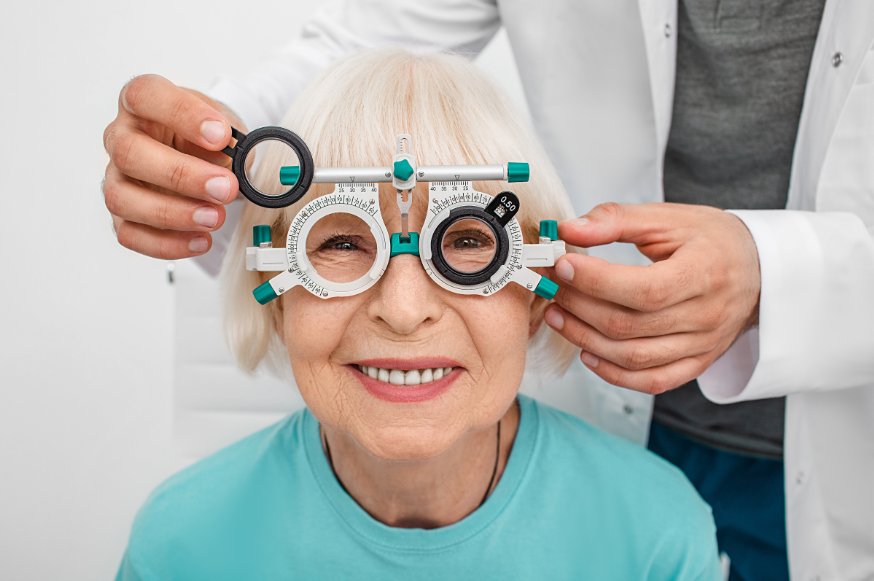As we journey through life, our bodies undergo numerous changes, and our eyes are no exception. Age-related vision changes affect millions of people worldwide, making eye health a critical component of wellness for older adults. While some degree of vision decline is natural with aging, many serious eye conditions can be prevented or effectively managed with proper care and early detection.
Understanding the importance of maintaining healthy vision as you age isn’t just about seeing clearly—it’s about preserving your independence, safety, and quality of life. From reading your favorite book to recognizing loved ones’ faces, good eyesight enables you to stay connected to the world around you. The good news is that with regular eye exams, healthy lifestyle choices, and awareness of warning signs, you can take proactive steps to protect your precious gift of sight throughout your golden years.
Common Age-Related Eye Conditions
Cataracts
Cataracts are among the most prevalent age-related eye conditions, affecting over half of Americans by age 80. This condition occurs when the eye’s natural lens becomes cloudy, leading to blurred vision, increased glare sensitivity, and difficulty seeing at night. While cataracts develop gradually, they can significantly impact daily activities if left untreated.
Macular Degeneration
Age-related macular degeneration affects the central part of the retina, causing loss of sharp, central vision needed for activities like reading and driving. AMD is the leading cause of vision loss in adults over 50, making early detection and treatment crucial for preserving sight.
Glaucoma
Often called the “silent thief of sight,” glaucoma gradually damages the optic nerve, typically without early symptoms. This condition can lead to irreversible vision loss if not detected and treated promptly, emphasizing the importance of regular comprehensive eye exams.
Diabetic Retinopathy
For individuals with diabetes, diabetic retinopathy poses a significant threat to vision. High blood sugar levels can damage blood vessels in the retina, leading to vision problems and potential blindness if diabetes isn’t properly managed.
Prevention Strategies for Healthy Aging Eyes

Regular Eye Examinations
Comprehensive eye exams are your first line of defense against age-related vision problems. Adults over 40 should have dilated eye exams every 1-2 years, while those over 65 should schedule annual examinations. These exams can detect problems before symptoms appear, allowing for early intervention.
Nutrition for Eye Health
A nutrient-rich diet plays a vital role in maintaining healthy vision. Foods high in antioxidants, omega-3 fatty acids, and vitamins C and E can help protect against age-related eye diseases. Include leafy greens, colorful fruits and vegetables, fish, and nuts in your daily meals.
UV Protection
Ultraviolet radiation from the sun can contribute to cataracts and macular degeneration. Wearing sunglasses with 100% UV protection and wide-brimmed hats when outdoors helps shield your eyes from harmful rays throughout your lifetime.
Lifestyle Modifications
Maintaining a healthy lifestyle benefits your entire body, including your eyes. Regular exercise improves blood circulation to the eyes, while avoiding smoking reduces the risk of developing cataracts, macular degeneration, and other eye conditions.
When to Seek Professional Help
Recognizing warning signs of eye problems is crucial for timely treatment. Contact an eye care professional immediately if you experience sudden vision changes, flashing lights, eye pain, or new floaters. Early intervention can often prevent or slow vision loss, preserving your sight for years to come.

